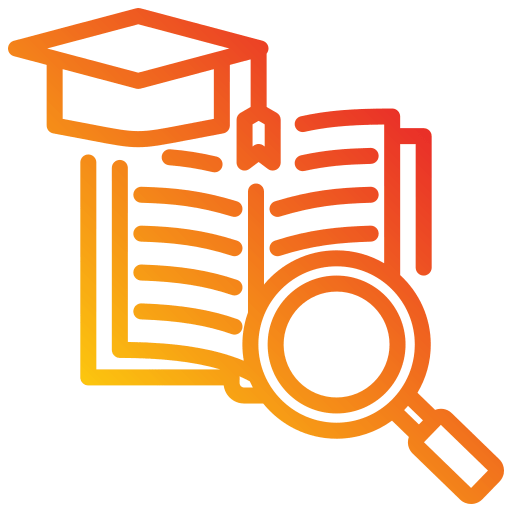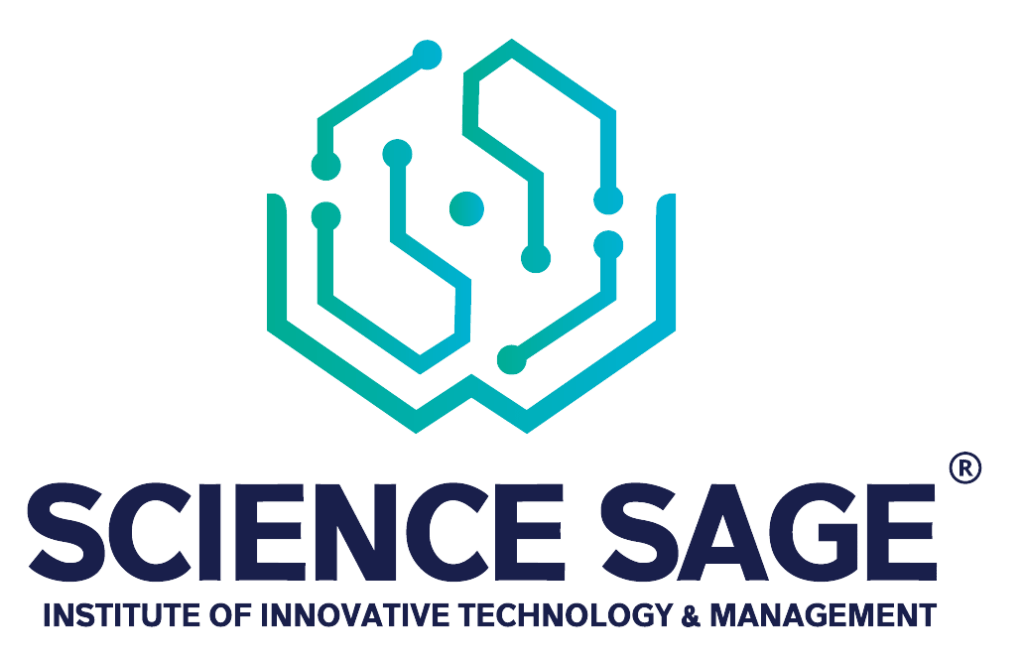- Prerequisites
- Higher Secondary Passed
- Course Duration
- 2 Years
A Diploma in Gym/Fitness Instruction is a specialized program designed to provide individuals with the knowledge, skills, and expertise required to become qualified fitness professionals. This diploma program typically covers various aspects of fitness training, exercise physiology, nutrition, anatomy, injury prevention, client assessment, program design, and business management in the fitness industry. Below is a detailed description of the program:

Course Overview
- Duration: The Diploma in Gym/Fitness Instruction program typically spans six months to one year, depending on the curriculum and institution offering the program.
- Curriculum: The curriculum encompasses a wide range of subjects related to fitness instruction, exercise science, and personal training. Coursework may include exercise physiology, anatomy and biomechanics, nutrition science, client assessment techniques, program design principles, motivational strategies, injury prevention, CPR/AED certification, and business skills for fitness professionals.
- Practical Training: Hands-on training is a crucial component of the program, allowing students to apply theoretical knowledge to real-world fitness settings. Practical exercises, gym-based workshops, supervised coaching sessions, and internships may be included to provide students with hands-on experience in working with clients, demonstrating exercises, and implementing training programs.
- Industry Collaboration: Many diploma programs collaborate with fitness centers, health clubs, personal training studios, and industry organizations to provide students with exposure to industry-specific practices, trends, and opportunities. Guest lectures, workshops, site visits, and industry projects may be integrated into the curriculum to facilitate industry-relevant learning experiences.
- Certifications: Upon completion of the diploma program, students may have the opportunity to obtain industry-recognized certifications such as Personal Trainer Certification (e.g., ACE, NASM, ACSM), Group Fitness Instructor Certification (e.g., ACE, AFAA), or specialized certifications in areas such as nutrition coaching, corrective exercise, or sports performance enhancement.

Course Structure
- Core Subjects:
– Exercise Physiology
– Anatomy and Biomechanics
– Nutrition for Fitness Professionals
– Client Assessment and Evaluation
– Program Design and Progression
– Strength Training Techniques
– Cardiovascular Conditioning
– Flexibility and Mobility Training
– Injury Prevention and Rehabilitation
– Motivational Strategies and Behavior Change - Specialization Electives (Sample):
– Group Fitness Instruction
– Functional Training and Movement Patterns
– Sports Conditioning and Performance Enhancement
– Special Populations (e.g., Older Adults, Youth, Pregnant Women)
– Mind-Body Training (e.g., Yoga, Pilates)
– HIIT (High-Intensity Interval Training)
– Bootcamp Training
– Nutrition Coaching and Weight Management - Practical Workshops and Coaching Labs:
– Exercise Technique Workshops
– Program Design Labs
– Client Assessment Practicums
– Group Fitness Instruction Practicums
– Personal Training Coaching Sessions
– Exercise Demonstration and Cueing Practice - Internship or Practical Experience:
- Many diploma programs include an internship or practical experience component, where students have the opportunity to gain hands-on experience working with clients, coaching group fitness classes, or assisting certified trainers in a gym or fitness facility.

Key Skills Developed
- Fitness Assessment and Program Design: Ability to conduct comprehensive fitness assessments, evaluate client needs and goals, and design customized training programs tailored to individual preferences, abilities, and limitations.
- Exercise Technique and Instruction: Proficiency in demonstrating and teaching proper exercise technique, form, and execution for a variety of resistance training, cardiovascular, flexibility, and functional exercises.
- Motivational and Communication Skills: Effective communication skills to motivate, inspire, and support clients, establish rapport, set realistic goals, provide feedback, and address client concerns or obstacles.
- Client Relationship Management: Ability to build and maintain positive relationships with clients, establish trust and credibility, and adapt coaching strategies to accommodate diverse personalities, preferences, and learning styles.
- Problem-Solving and Adaptability: Resourcefulness and flexibility to adapt training programs, modify exercises, and troubleshoot challenges or setbacks encountered by clients during their fitness journey.
- Business and Marketing Acumen: Understanding of business principles, marketing strategies, and client acquisition techniques to attract and retain clients, promote services, and build a successful fitness business or career.
- Ethical and Professional Conduct: Adherence to ethical standards, professional codes of conduct, and industry regulations governing client confidentiality, safety, and professional boundaries in the fitness industry.

Career Opportunities
- Personal Trainer: Graduates of the diploma program can work as personal trainers, providing one-on-one fitness coaching, exercise instruction, and personalized training programs to clients with diverse fitness goals and needs.
- Group Fitness Instructor: Group fitness instructors lead group exercise classes, such as cardio workouts, strength training sessions, dance fitness classes, or mind-body workouts, in fitness centers, health clubs, or community centers.
- Fitness Center Manager: Experienced fitness professionals may advance to management roles, overseeing the operations of fitness centers, health clubs, or personal training studios, including staff management, member services, facility maintenance, and business development.
- Corporate Wellness Coordinator: Corporate wellness coordinators design and implement workplace wellness programs, health promotion initiatives, and fitness challenges for employees to improve health, productivity, and employee morale in corporate settings.
- Fitness Consultant: Fitness consultants provide expertise and advice on fitness program development, equipment selection, facility layout, and business strategies to gym owners, fitness entrepreneurs, or corporate clients.
- Health Coach: Health coaches work with clients to develop holistic wellness plans, incorporating fitness, nutrition, stress management, and lifestyle modifications to promote overall health and well-being.
A Diploma in Gym/Fitness Instruction provides students with the knowledge, skills, and credentials needed to pursue a rewarding career in the fitness industry as certified personal trainers, group fitness instructors, fitness center managers, or wellness consultants. Through a combination of theoretical coursework, practical training, hands-on experience, and industry certifications, graduates are equipped to help clients achieve their fitness goals, improve their health and well-being, and lead healthier, more active lifestyles. With the growing demand for fitness services and the increasing emphasis on health and wellness, graduates of the diploma program are well-positioned to make a positive impact on individuals, communities, and society as a whole.
